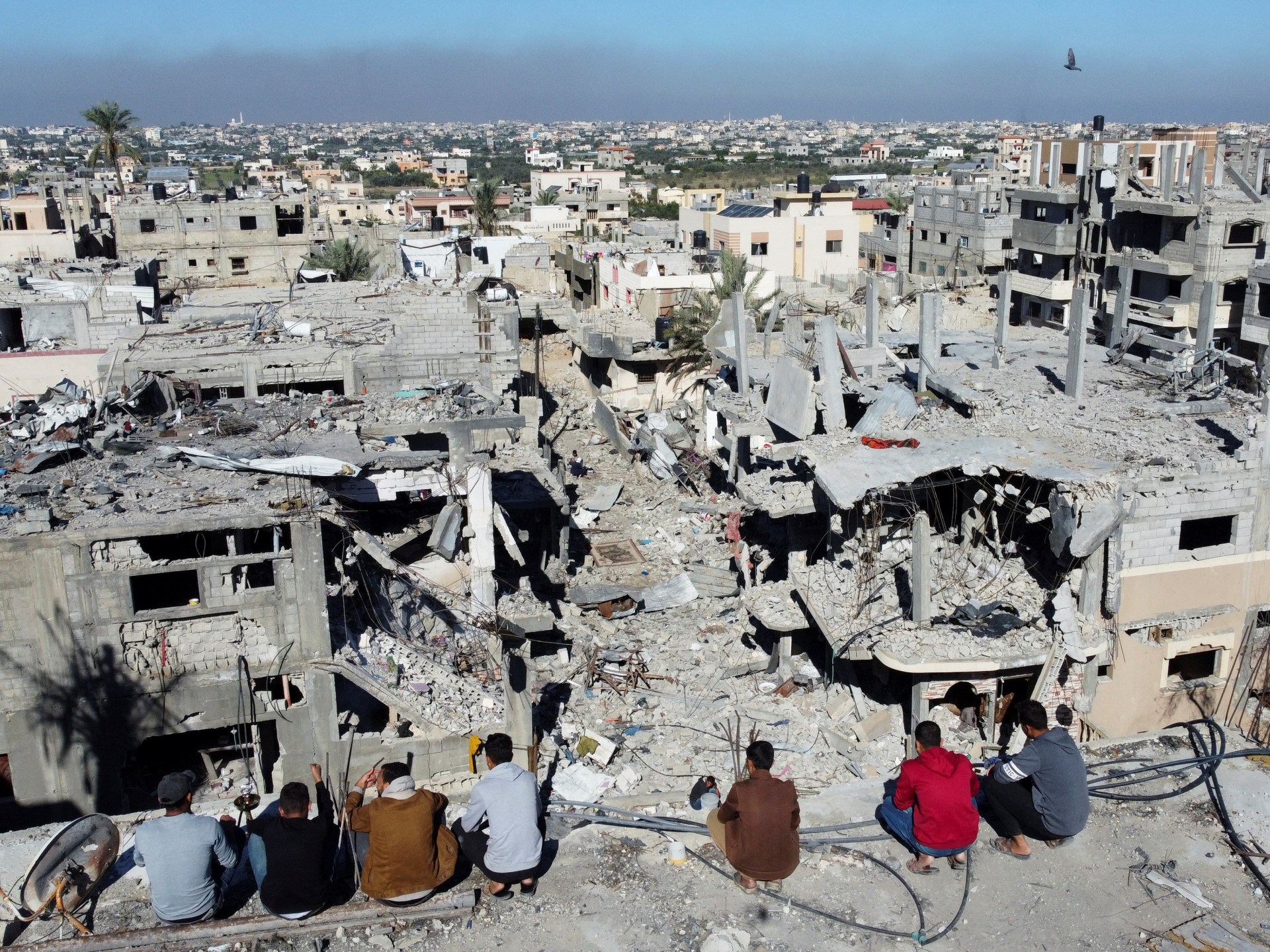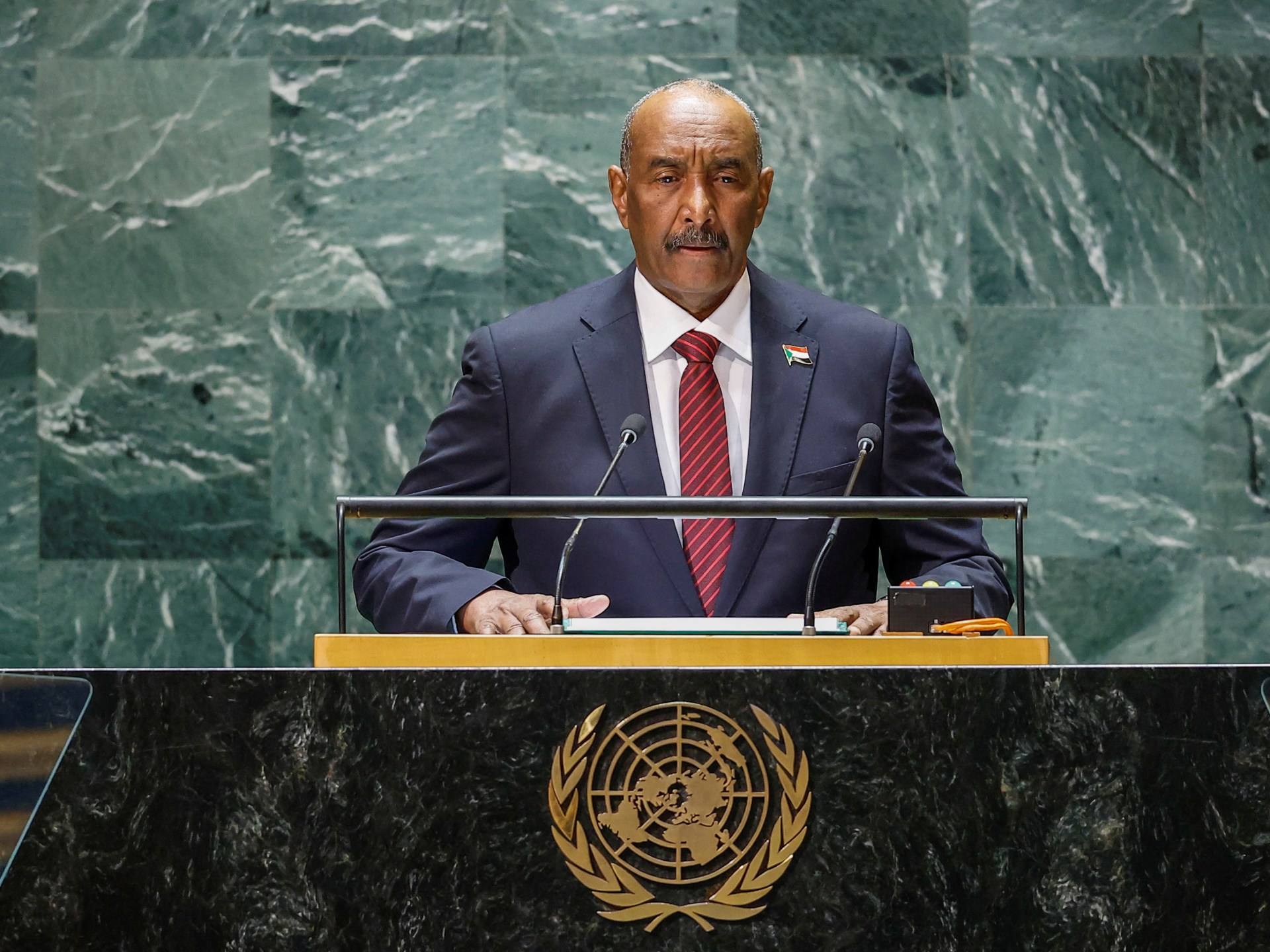Blanket COVID boosters risk prolonging pandemic, WHO chief warns | Coronavirus pandemic News
The World Health Organization chief has warned that the rush in wealthy countries to roll out additional COVID-19 vaccine doses was deepening the inequity in access to jabs that is prolonging the pandemic.
WHO Director-General Tedros Adhanom Ghebreyesus insisted on Wednesday that the priority must remain to get vaccines to vulnerable people everywhere rather than giving additional doses to the already vaccinated.
“No country can boost its way out of the pandemic,” he told reporters.
The UN health agency has long decried the glaring inequity in access to COVID-19 vaccines.
Allowing COVID-19 to spread unabated in some places dramatically increases the chance of new, more dangerous variants emerging, it argues.
“Blanket booster programmes are likely to prolong the pandemic, rather than ending it, by diverting supply to countries that already have high levels of vaccination coverage, giving the virus more opportunity to spread and mutate,” Tedros told reporters.
He said the priority must be to reduce deaths and help all countries meet minimum vaccination targets that many still have not reached. And he noted that “the vast majority of hospitalisations and deaths are in unvaccinated people, not un-boosted people.”
Months ago, Tedros called in vain for a moratorium on booster doses to vaccinated, healthy people until at least 40 percent of people in all countries had received a first jab.
He pointed out Wednesday that while enough vaccines had been given to people globally this year to reach that target, distortions in global supply meant that only half the world’s countries had done so.
According to UN figures, about 67 percent of people in high-income countries have had at least one vaccine dose – but not even 10 percent in low-income countries.
“It’s frankly difficult to understand how a year since the first vaccines were administered, three in four health workers in Africa remain unvaccinated,” said Tedros.
Tedros renewed a call for manufacturers and other countries to prioritise the COVAX programme to get doses to needier nations and “work together to support those who are furthest behind”.
“Unless we vaccinate the whole world … I don’t think we can end this pandemic,” Tedros said.
But he added that authorities now know the virus better and have effective tools to fight it; “we need to add to that comprehensive implementation and equity, and hope 2022 will end this pandemic.”
Omicron in 106 countries
His comments came as the Omicron variant’s lightning dash around the globe since it was first detected in South Africa last month dampened hopes the worst of the pandemic was over.
The new variant is spreading at unprecedented speed and has already been detected in 106 countries, the WHO said.
Early data, before peer-review, has indicated that it could be better at dodging some vaccine protections, spurring the rush to provide boosters.
But Tedros insisted Wednesday that “the vaccines we have remain effective against both the Delta and Omicron variants.”
“It’s important to remember that the vast majority of hospitalisations and deaths are in unvaccinated people, not un-boosted people,” he said.
The WHO’s Strategic Advisory Group of Experts (SAGE) on Immunisation also recommended on Wednesday against blanket booster programmes, insisting additional doses should be “targeted to the population groups at highest risk of serious disease and those necessary to protect the health system”.
So far, 120 countries have begun implementing programmes to administer booster vaccines or additional doses, it said – but none of them was a low-income country.
‘Very difficult decisions’
As case numbers surge, the UN health agency also called on countries and individuals to take all necessary precautions to halt the spread of the virus heading into the Christmas holidays.
“Boosters cannot be seen as a ticket to go ahead with planned celebrations,” Tedros said.
Maria Van Kerkhove, the WHO lead on the COVID pandemic, stressed that people now know what they need to do, from wearing masks to physical distancing.
But she acknowledged the frustration of changing holiday plans.
“There are very difficult decisions that need to be had in terms of making sure that we keep ourselves safe,” she said.




